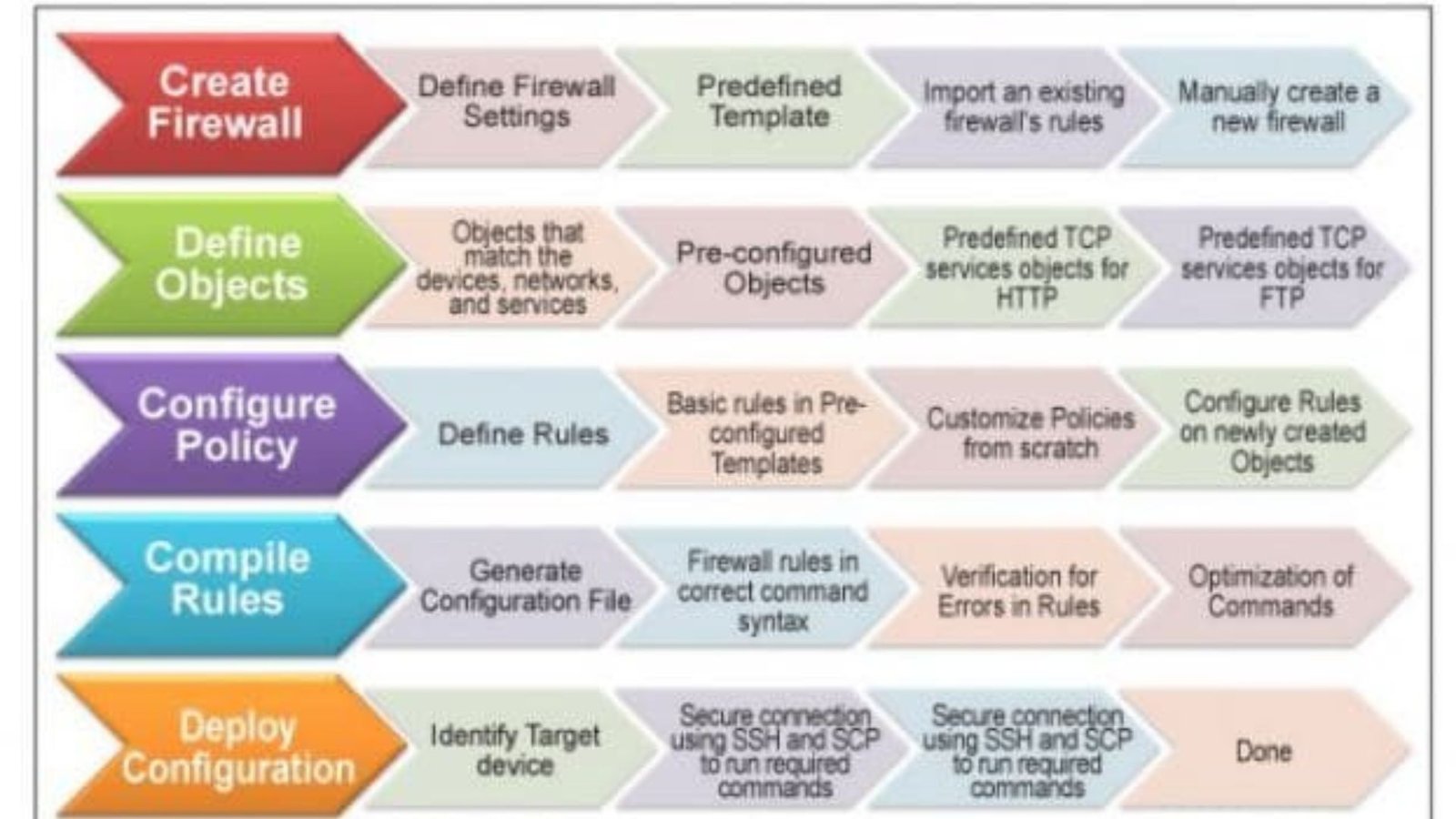Next-generation firewalls (NGFWs) have become essential for organizations looking to enhance their network security. With the rise of sophisticated cyber threats, NGFWs offer more advanced features than traditional firewalls, ensuring better protection against evolving dangers. But what sets next-generation firewalls apart from their predecessors?

Advanced Security Features
At the core of advanced firewalls are their advanced security capabilities. Traditional firewalls primarily filter traffic based on IP addresses and ports, but NGFWs go beyond that by incorporating deep packet inspection, application awareness, and intrusion prevention systems (IPS). These features allow NGFWs to monitor and control traffic based on specific applications, users, and behaviors.
For example, next-generation firewalls can detect when users are accessing a social media site and decide whether to allow or block specific actions within the platform, such as uploading files or sending messages. By offering granular control over network traffic, NGFWs provide more effective protection for businesses.
Integration with Threat Intelligence
Another key distinction of next-generation firewalls is their ability to integrate with threat intelligence services. Traditional firewalls rely on pre-configured rules, but NGFWs continuously update their threat databases with information from global networks. This integration ensures they can respond to new and emerging threats in real time.
By analyzing threat data from various sources, next-generation firewalls can quickly identify malicious behavior patterns and prevent attacks before they compromise your network. In addition, NGFWs can block threats such as ransomware, phishing, and zero-day vulnerabilities, all of which pose significant risks to modern businesses.
User and Application Identification
Traditional firewalls often struggle to differentiate between users and applications, making them less effective at enforcing security policies. In contrast, next-generation firewalls can identify individual users and applications, allowing for more specific and customized security measures.
For example, NGFWs can enforce policies that grant different access levels to employees based on their roles or locations. This means sensitive data can be restricted to specific users, while others can only access less critical information. Similarly, next-generation firewalls allow businesses to prioritize essential applications, ensuring uninterrupted access during periods of high network traffic.
Enhanced Network Performance
Despite offering advanced security features, next-generation firewalls are designed to maintain high network performance. Traditional firewalls can sometimes slow down a network due to limited processing power, especially when managing large amounts of data. NGFWs use more powerful hardware and optimized software to handle greater traffic loads while ensuring fast processing speeds.
Additionally, next-generation firewalls are scalable, meaning they can grow alongside your business. As your network expands, NGFWs can adapt to support more devices and applications without compromising security or performance.
Simplified Management and Automation
One of the most significant advantages of next-generation firewalls is their simplified management and automation features. NGFWs often include user-friendly interfaces that allow IT teams to monitor, configure, and manage security policies with ease. Automation tools further streamline the process by applying pre-defined rules and making adjustments based on real-time threat data.
By automating routine tasks such as software updates and threat detection, advanced firewalls reduce the workload for IT teams, enabling them to focus on more critical issues. This level of automation ensures that businesses remain protected around the clock, even without constant manual intervention.
Conclusion
Next-generation firewalls set themselves apart from traditional firewalls through their advanced security features, integration with threat intelligence, user and application identification, enhanced network performance, and simplified management. With the ability to monitor and control traffic at a more granular level, NGFWs provide superior protection against modern cyber threats. As businesses continue to face increasingly complex security challenges, adopting next-generation firewalls is a smart investment in safeguarding their networks.











